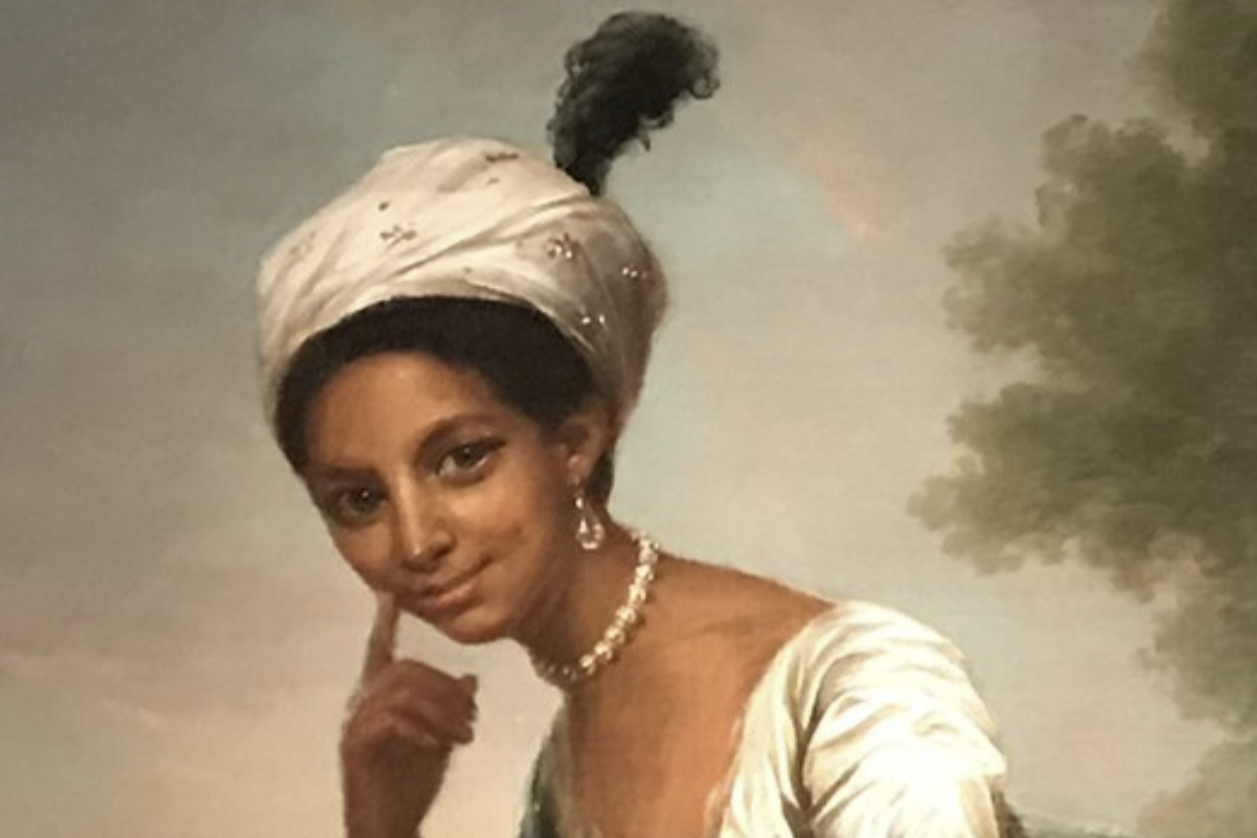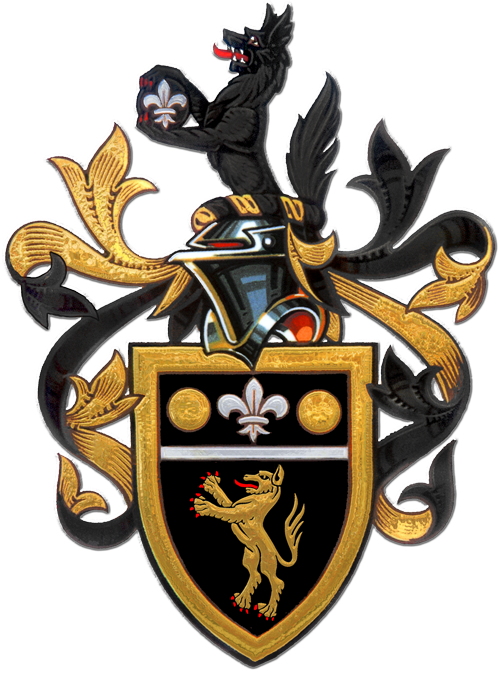A Black History Month Poem: Dido Belle

As a talented Year 12 poet and founder of the KS4 Poetry Writing Club, Savir was inspired to write this exceptional poem about Dido Belle – a pioneering figure for equality for Black women during the era of the Trans-Atlantic Slave Trade.
Dido Belle was raised in the household of her great-uncle, William Murray, the Earl of Mansfield, as the illegitimate daughter of a Caribbean enslaved woman and a Royal Navy officer. Though treated with more respect typical for her race and social status at the time, she was barred from full participation in society – such as attending women’s dinner gatherings or inheriting equally. Her presence in the Mansfield household is immortalised in a famous portrait at Kenwood House, one of the earliest British artworks to depict a Black woman with dignity. Dido eventually married and raised a family, navigating the opportunities and limitations of her unique social position. Her life stands as a testament to resilience and the gradual intertwining of Black and British histories.
Half-Gentlewoman, Half-Question Mark: The Story of Dido Belle
I am the river that no wall can bind,
carved from the Atlantic’s fury,
carrying salt and chains,
a child torn from her mother,
dragged by blood to Britain’s shore.
Baptised without a father’s hand,
I bear my mother’s burden in silence,
My name a ripple against stone.
Kenwood greets me with marble and gilt,
portraits glare with powdered eyes,
faces frozen in light,
faces that will not know my blood.
Beside my cousin I stand in silk,
yet the painter places fruit in my grasp –
ripe reminder I am spectacle,
a blossom plucked, a body displayed.
Half-gentlewoman, half-question mark,
permitted, yet perpetually apart.
I am the river bending through halls of stone,
flowing past chairs I cannot claim,
watching, learning, knowing
that power is not always visible.
At dinner, platters parade, silver strikes,
tongues chatter, glasses clink.
I pour coffee, I serve grace –
half-gentlewoman, half-question mark,
permitted, yet perpetually apart.
Still, I bite on books like bread.
Letters bloom beneath my pen,
scripture burns, poetry pulses in my throat.
My tongue is blade, my mind a blaze,
even Mansfield marvels at my voice,
though law and life divide my skin.
I hear his gavel crack like thunder:
“Slavery cannot breathe in English air.”
The chamber shakes, benches boom,
but whispers bite beyond the door.
Chains clatter where eyes cannot see,
freedom falters at the threshold of colour.
I am the river that will not break, rushing past walls, carrying centuries,
cutting channels of courage through stone.
I live. I love. I bear sons.
London stones bruise beneath my feet,
yet I flow onward, unbroken, unbent.
Still they call me curiosity –
“the mulatta in Mansfield’s care.”
Mark me not as ornament,
but as blood, as breath, as Britain.
Half-gentlewoman, half-question mark,
permitted, yet perpetually apart.
Remember me not in shadows of fruit,
but in the blaze of a name that endures.
Belle – bright, Black, unbowed –
beating against the boundaries of blood.
I am the river, the storm, the tide,
splitting walls, soft yet unstoppable,
carrying my story through centuries,
proof that Britain was never pale.
I was here.
I am voice.
I am water.
I did not bow.
I did not bow.
Poem wrttien by Savir K (Year 12)
